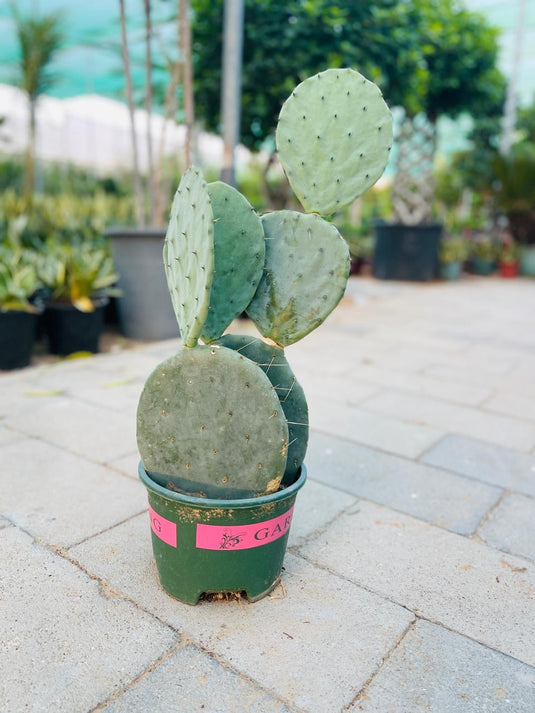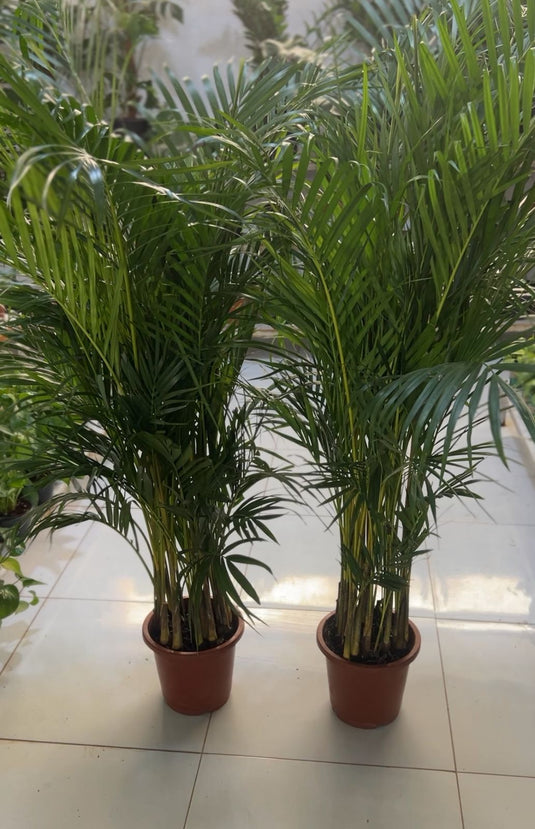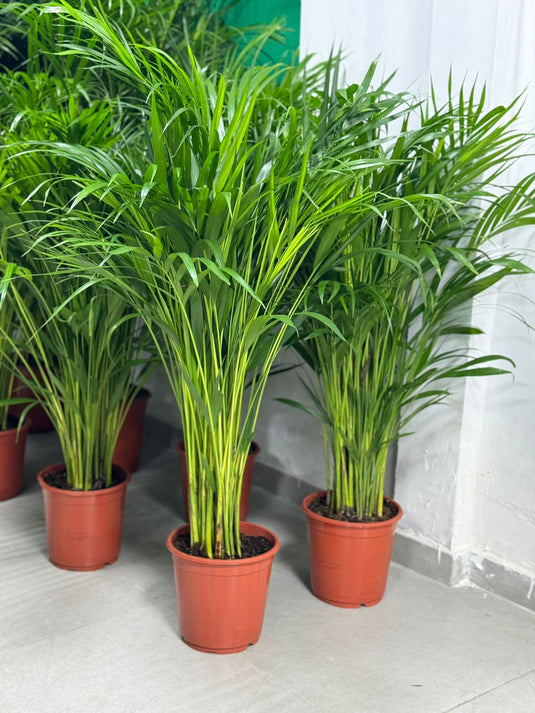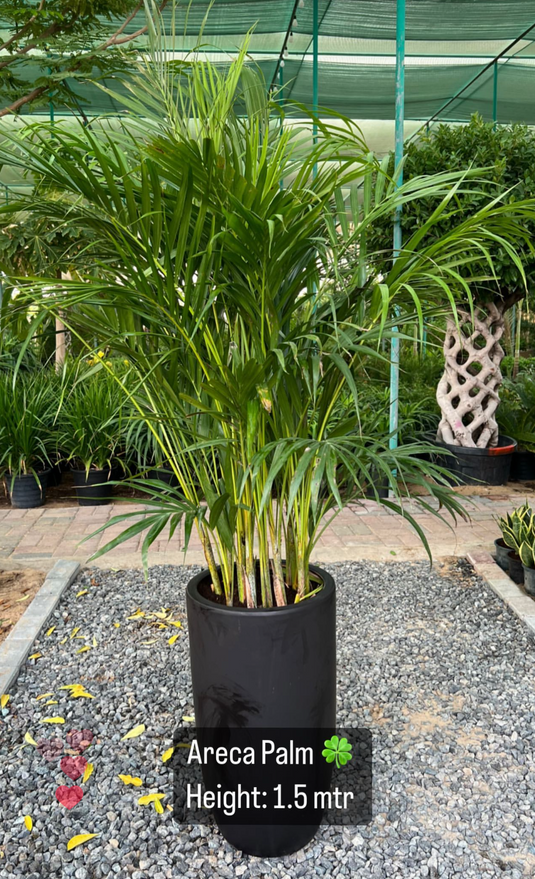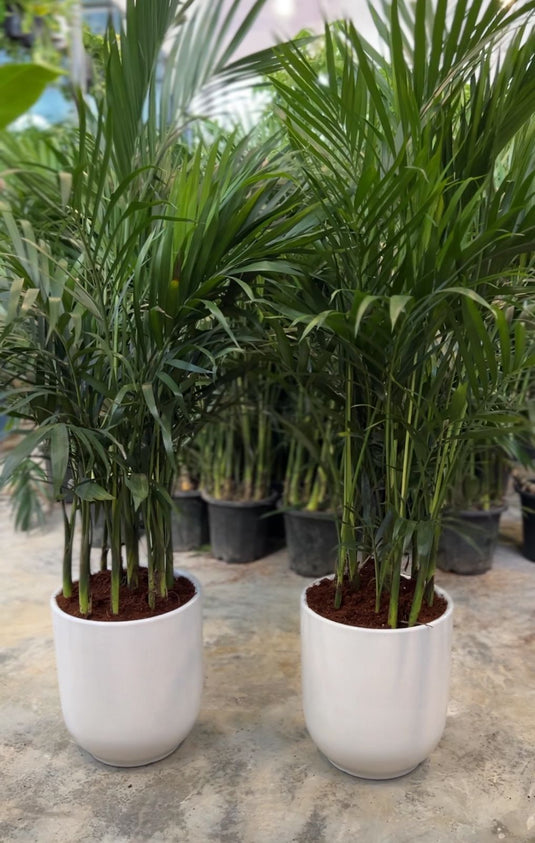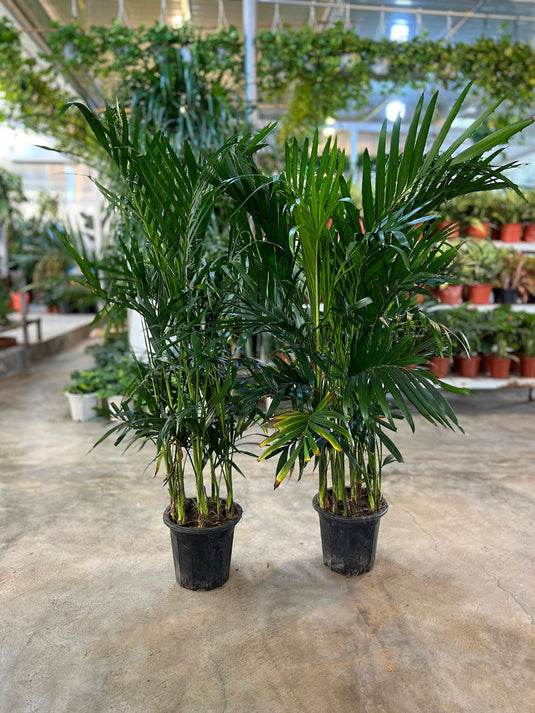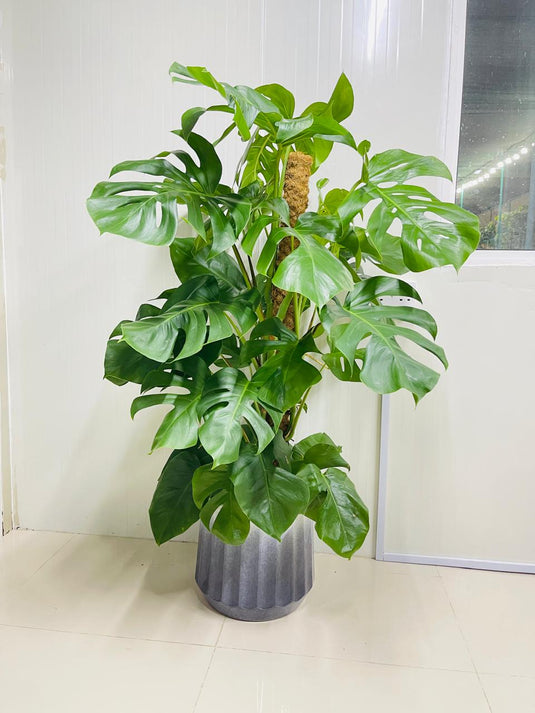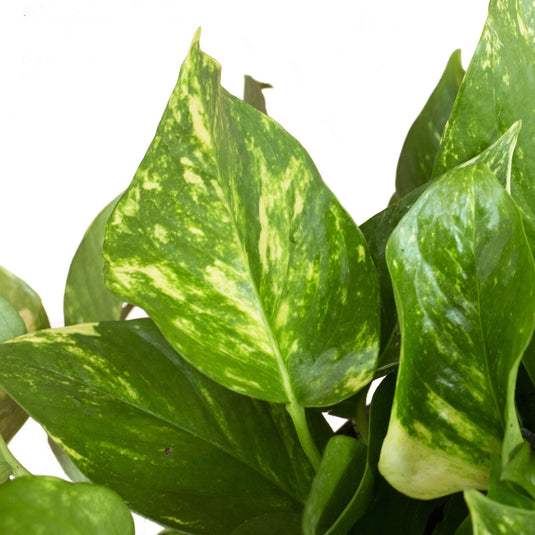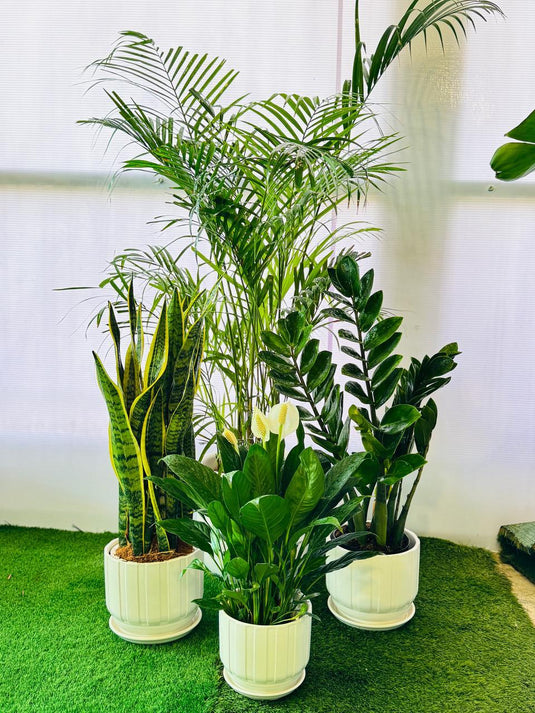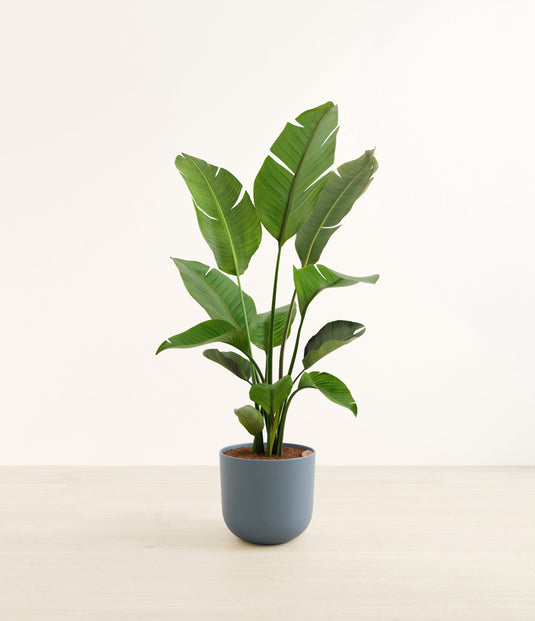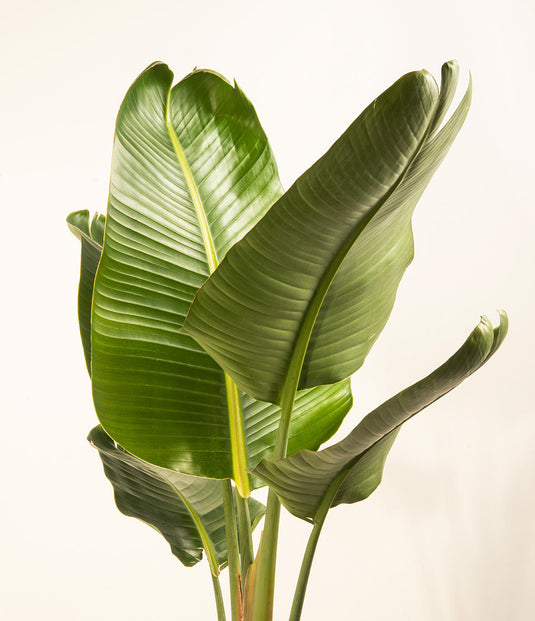Wheel Cactus
- Healthy Arrival Guarantee
- Free Plant Care Consultation
- Safe & Secure Payment
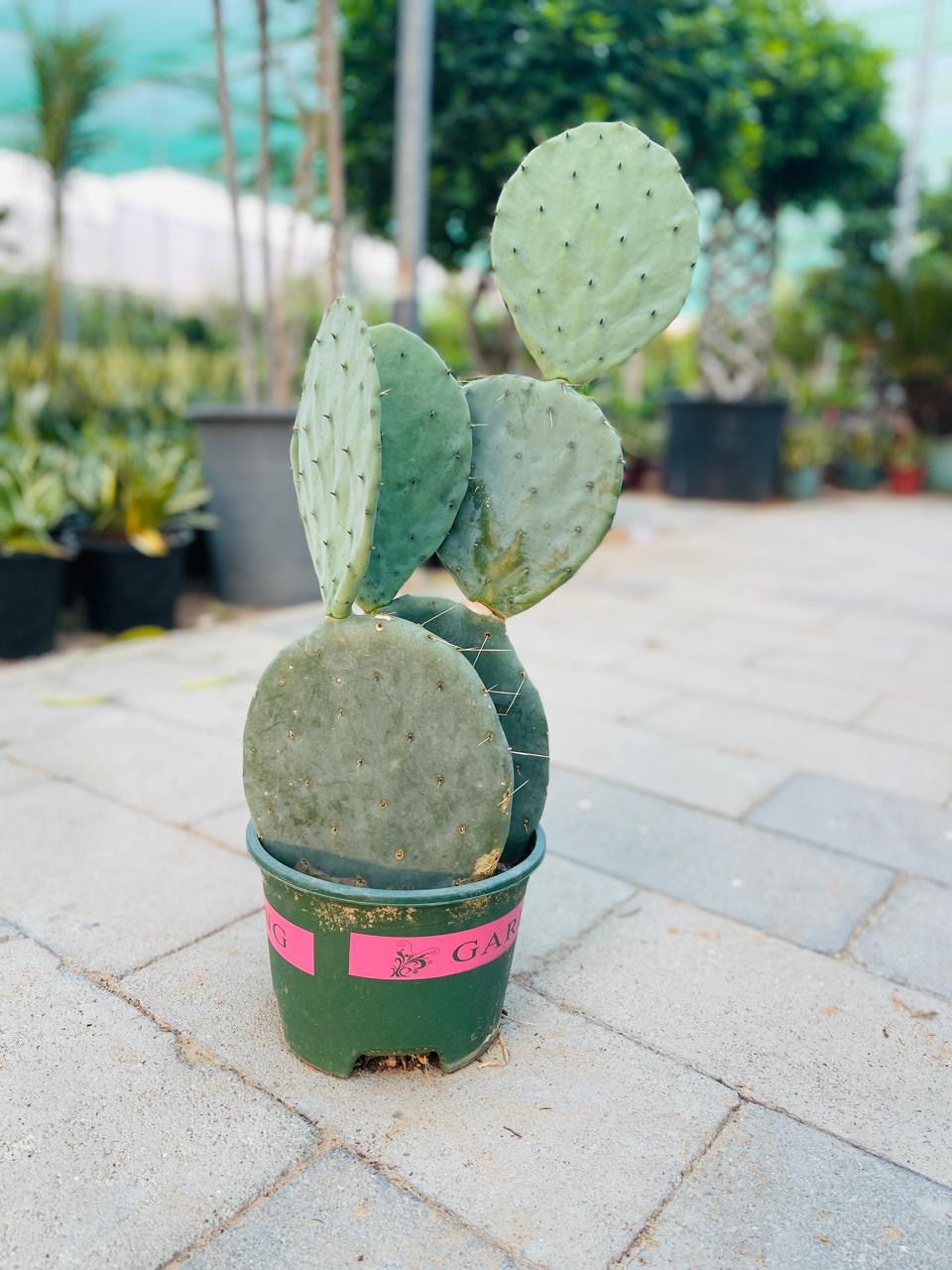
We will send you a notification as soon as this product is available again.
-
Estimated delivery: Mar 03 - Mar 07
-
Free return within 7 days of purchase.
Plant Description
Wheel cactus is a type of cactus characterized by its unique wheel-shaped pads. This species is known for its resilience and ability to thrive in arid environments. The global market for cactus products, including wheel cactus, is expected to reach approximately $1.5 billion by 2030.
5 Benefits of Wheel Cactus That You Can’t Ignore
1. Nutritional Value
Wheel cactus is rich in vitamins, minerals, and dietary fiber, making it a nutritious addition to diets. Studies have shown that the pads and fruits of wheel cactus can improve overall health and nutrition (Gonzalez et al., 2021).
2. Environmental Adaptability
Wheel cactus thrives in arid and semi-arid climates, making it an ideal candidate for sustainable agriculture. Research indicates that its ability to survive with minimal water contributes to soil conservation and ecosystem stability (Martinez et al., 2022).
3. Medicinal Properties
Wheel cactus has been used in traditional medicine for its potential health benefits, such as anti-inflammatory and antioxidant properties. A study found that extracts from wheel cactus can help reduce inflammation and oxidative stress (Hernandez et al., 2023).
4. Soil Erosion Control
The extensive root system of wheel cactus can help prevent soil erosion, especially in dry regions. Research demonstrates that planting cacti can stabilize soil and reduce runoff (Lopez et al., 2021).
5. Economic Opportunities
Cultivating wheel cactus can provide economic benefits for farmers, especially in regions with limited water resources. A report indicates that cactus farming can be a profitable venture, contributing to local economies (Zavala et al., 2022).
Disadvantages
- Wheel cactus may require specific climate conditions for optimal growth.
- There may be limited awareness of the nutritional and medicinal benefits of wheel cactus.
- Economic opportunities can be influenced by market demand and fluctuations.
- Specialized cultivation practices may be necessary to optimize growth and yield.
Frequently Asked Questions
1. Is Wheel Cactus nutritious?
Yes, Wheel Cactus is rich in vitamins, minerals, and dietary fiber, enhancing overall health.
2. Can Wheel Cactus grow in dry climates?
Yes, it thrives in arid and semi-arid climates, making it suitable for sustainable agriculture.
3. Does Wheel Cactus have medicinal properties?
Yes, it is known for its anti-inflammatory and antioxidant properties, supporting traditional medicine.
4. Can Wheel Cactus prevent soil erosion?
Yes, its extensive root system helps stabilize soil and reduce erosion, especially in dry regions.
5. Is Wheel Cactus economically beneficial for farmers?
Yes, cultivating Wheel Cactus can provide economic opportunities in regions with limited water resources.
Final Verdict: Should I Buy Wheel Cactus?
Yes, Wheel Cactus presents a nutritious, environmentally friendly option with potential economic benefits.
Plant Care
Watering
Water your plant once a week or when the soil starts to feel slightly dry on the surface. Keep the soil consistently moist, but be careful not to overwater, as this can cause brown spots and leaf drop. If the leaves become curly or dry, it's a sign that the plant needs water. It's best to water your plant in the early morning or late evening when the temperatures are cooler. Always check the soil before watering.
Light
Provide bright indoor light or indirect sunlight for about 6 to 8 hours a day.
Temperature
Maintain temperatures between 18°C and 24°C. Avoid exposing the plant to drafts, as these can cause undesirable temperature fluctuations. Mist the plant occasionally, about twice a week, to help maintain optimal humidity levels.
Fertilizer
Apply liquid fertiliser every 15 days when the plant is actively growing. For best results, use Folikraft ready-to-use Indoor Plant Food.
What Our Clients Say About Us
As a House se Manager in prestigious property in Dubai HILLS ESTATE, I would Highly recommended My Plants - Landscaping Services. All the team were amazing and hardworking. They are expert that achieved coordination and best feedback results to any projects that my Client wish and job order done. Appreciated. Thank you.
I ordered a 2m bird of paradise on their website with a pot. The price was much more reasonable than elsewhere, so I gave it a try. Ordered at 9pm on a Thursday night, delivered at 3pm the next day. The plant arrived bigger than I expected, replanted in its pot with brand new potting soil, incredible! The black pot is a perfect match for my home and really looks high-quality. Thanks again!
Good plants, they came over to my place to pot them and clean them, prices are good also, thank you Kashif for improving my experience and your top customer service.
